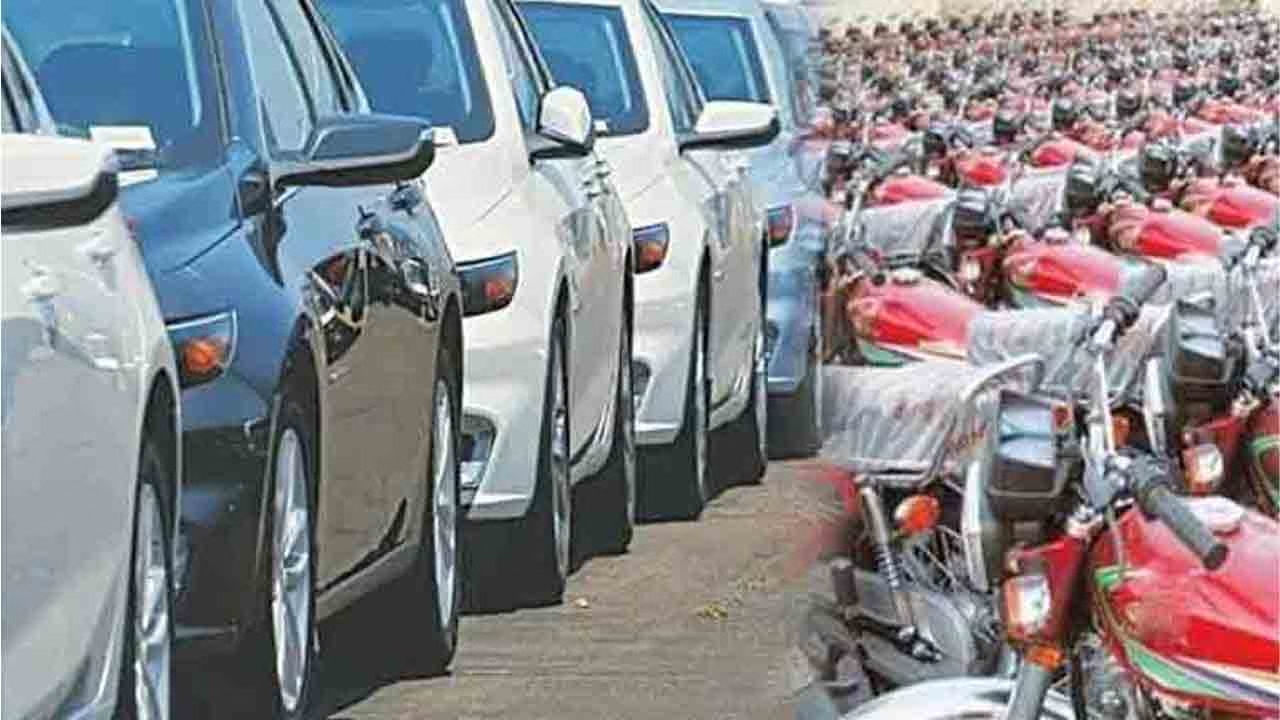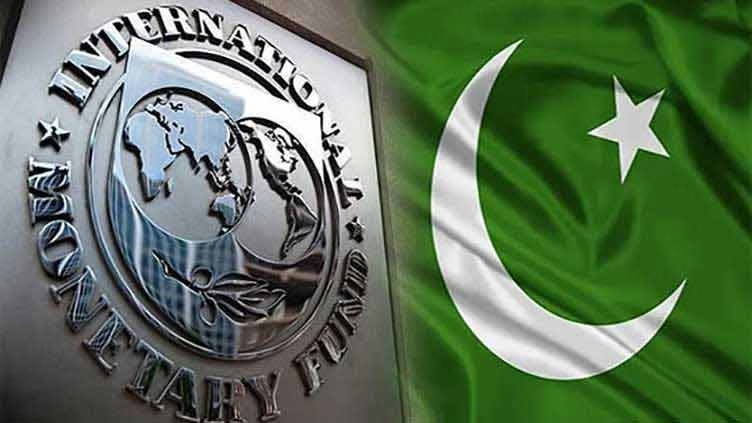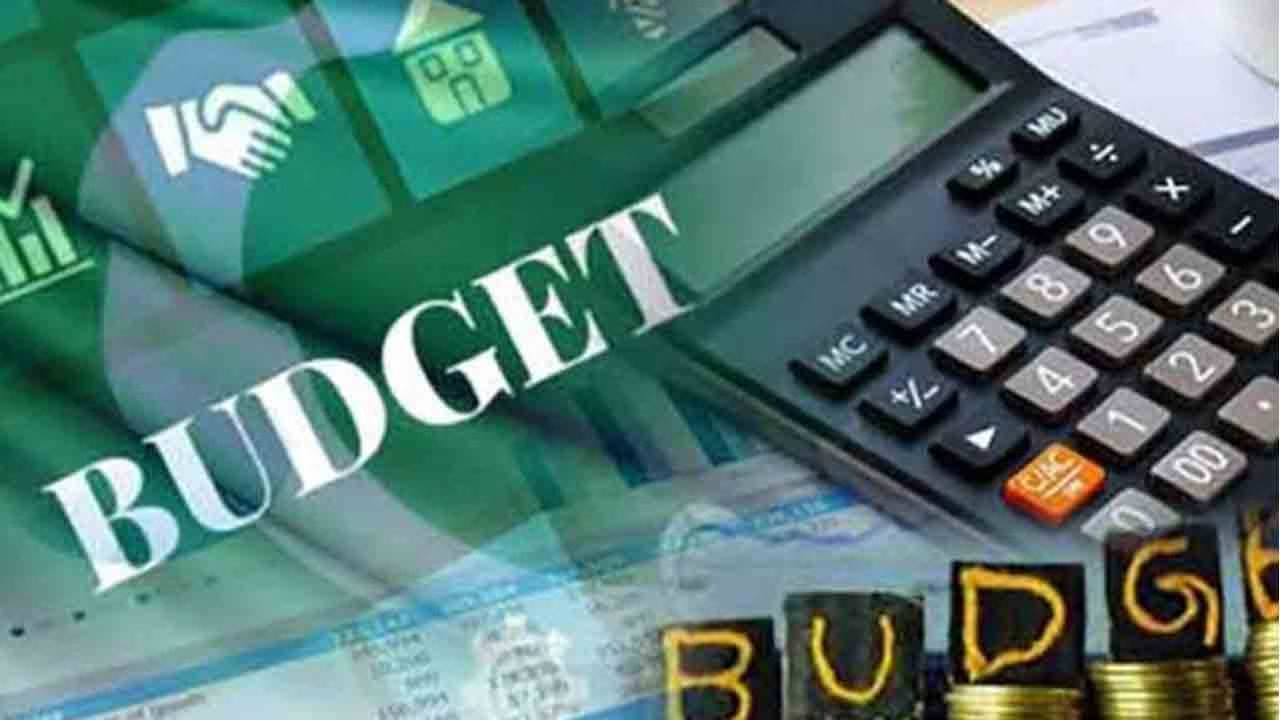Vehicle sales in Pakistan have shown a mixed trend as per the latest report by the Pakistan Automobile Manufacturers Association (PAMA). While overall auto sales surged by 46% in the first nine months of the current fiscal year, the month-on-month performance for March 2025 revealed a dip in key segments, raising concerns within the industry.
March 2025 Sees a Decline in Monthly Vehicle Sales
According to the PAMA report, vehicle sales dropped from 12,084 units in February 2025 to 11,098 units in March 2025, marking an 8% month-on-month decline. This drop has been linked to persistent economic challenges, including heavy taxation, inflation, and unchanged high interest rates, which have discouraged buyers from making new purchases.
Despite this dip, year-on-year growth paints a more optimistic picture, as sales rose 18% from 9,300 units in March 2024 to 11,098 units in March 2025.
Auto industry analysts suggest that seasonal buying slowdowns, coupled with the absence of consumer financing relief, may have contributed to the reduced March numbers.
Motorcycle Sales Remain Flat
Motorcycle sales, a crucial indicator of middle-class mobility, also recorded a slight month-on-month decrease. Sales dropped from 122,920 units in February to 122,357 units in March, showing a marginal decline of about 0.5%. While not drastic, the stagnation in motorcycle sales is seen as a reflection of strained purchasing power among the lower-income population.
The motorcycle segment typically holds up better during economic downturns due to its affordability, but even here, rising fuel prices and production costs have created headwinds.
Tractor Sales Plunge 67% Year-on-Year
Perhaps the most alarming statistic from the PAMA report is the sharp fall in tractor sales. Only 1,538 units were sold in March 2025, marking a devastating 67% drop compared to the same month last year.
This nosedive in tractor sales is worrying for the agricultural sector, which relies heavily on mechanized farming equipment. The decline could be attributed to:
- Reduced farm incomes due to fluctuating crop prices
- Limited access to agricultural loans
- Increased prices of farming machinery and spare parts
- Uncertainty over government subsidies or support programs
Fiscal Year-to-Date Shows Strong Growth
Despite the monthly fluctuations, the overall auto market has shown resilience over the broader fiscal year period. Total vehicle sales from July 2024 to March 2025 climbed to 101,000 units, up from 69,000 units during the same period last year — a 46% year-on-year increase.
This growth has been driven by:
- Pent-up demand from the previous fiscal year
- Gradual restoration of supply chains
- Consumer preference for locally assembled vehicles due to import restrictions
- Introduction of new vehicle models and attractive dealership offers
However, auto experts warn that this growth is not guaranteed to continue unless key economic issues are addressed.
Economic Factors Hindering Auto Sector Performance
The auto industry in Pakistan is highly sensitive to macroeconomic conditions, and several factors are currently limiting its full potential:
- High Interest Rates: The lack of interest rate cuts by the State Bank of Pakistan has kept auto financing expensive, pushing potential buyers away.
- Heavy Taxation: High customs duties, GST, and other levies have inflated vehicle prices, reducing affordability for the average consumer.
- Depreciating Rupee: Currency instability continues to impact the cost of imported components and overall manufacturing.
- Inconsistent Government Policies: Delays or uncertainty in auto sector incentives and EV policy implementation have created confusion among manufacturers and investors.
Industry Outlook: Cautiously Optimistic
While the fiscal year-to-date numbers offer a glimmer of hope, industry stakeholders remain cautious. To sustain the momentum, the government and financial institutions need to step in with supportive policies, including:
- Cutting interest rates to stimulate auto financing
- Offering tax relief or incentives for local manufacturers
- Providing targeted subsidies for agricultural vehicles like tractors
- Ensuring a stable policy environment for new technologies, including electric vehicles (EVs)
The Pakistan auto industry in March 2025 presents a story of mixed signals — a monthly slowdown in vehicle and motorcycle sales, a steep drop in tractor demand, but a strong overall rebound across the fiscal year. If macroeconomic challenges are tackled strategically, the sector has the potential to become a key contributor to economic growth and industrial expansion in the country.
All eyes are on the government and financial policymakers to see whether they will ease the financial burden on consumers and manufacturers, or risk seeing this upward trend falter in the coming months.



